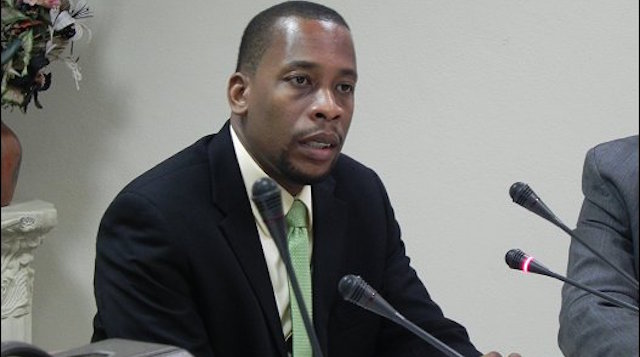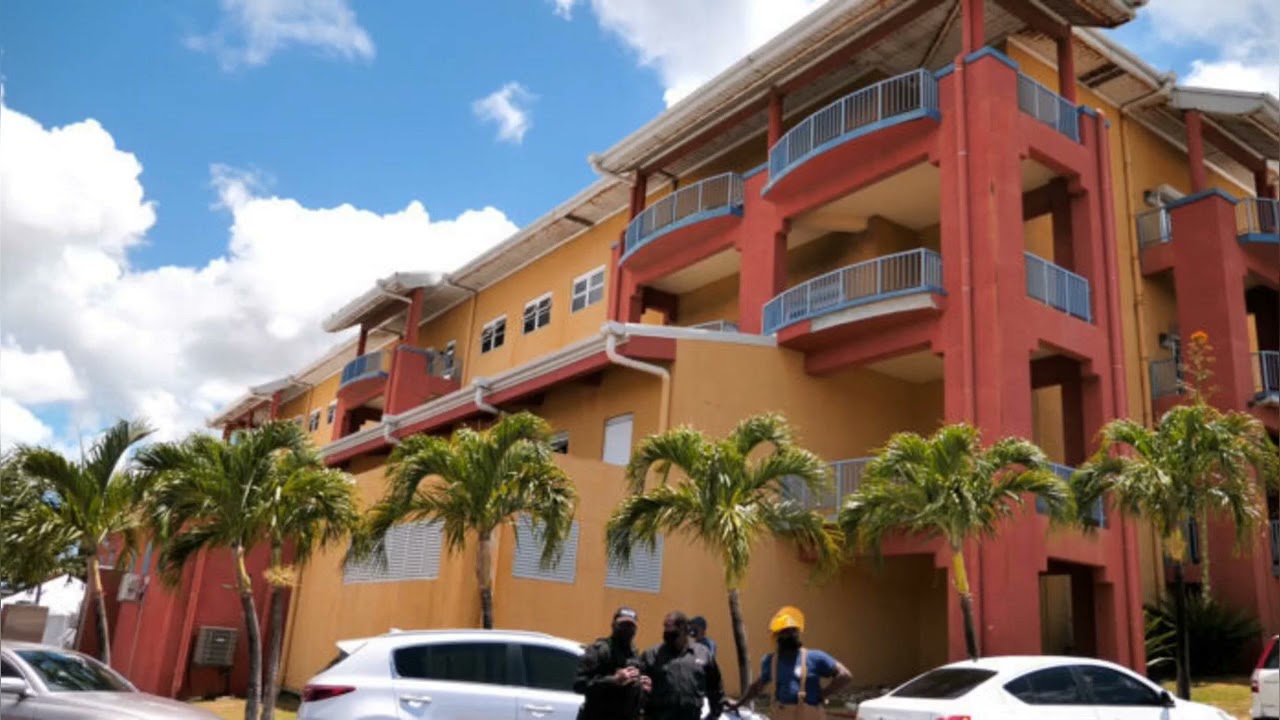By: Lilia Burunciuc, World Bank Director for Caribbean Countries and Timothy Antoine, Eastern Caribbean Central Bank Governor
Did you know that non-communicable diseases are the main cause of premature deaths in the 30–69-year-old age group in the Eastern Caribbean? The rising prevalence of non-communicable diseases is pressuring countries and health systems in the Caribbean at a rate of epidemic proportions. Diseases like hypertension and diabetes are increasingly commonplace and, coupled with extreme weather events which damage health facilities, they disrupt access to health services and fuel a huge and unmet demand for health care delivery.
Within the wider Latin America and Caribbean region, non-communicable disease mortality and morbidity is highest in the Caribbean with diabetes, cardiovascular disease and cancer consistently ranked among the top 5 causes of death. The Pan American Health Organization (PAHO) assesses that each family with a diabetic member has to allocate between US$322-US$769 per year for treatment. In countries like St. Vincent and the Grenadines, survey data show that patients are spending as much as 40% of their annual income on care.
The onset of the COVID-19 pandemic worsened the crisis by increasing risk factors for non-communicable diseases, fueling economic hardships, and provoking widespread disruption of healthcare services, especially in the Eastern Caribbean. These challenges underscore the importance of prioritizing non-communicable disease prevention and treatment to improve health outcomes and accelerate the achievement of Universal Health Coverage.
The Caribbean Outlook
As we reflect on the theme of this year’s World Health Day, Journey to Achieving Health for All, a host of issues still hinder the delivery of quality healthcare in the Eastern Caribbean. The region needs to sure-up capacity for strategic planning and policy implementation, improve physical infrastructure, increase the number of trained health professionals, improve data analysis, reporting, dissemination, and use and adequately allocate health sector resources. Partnering of key stakeholders within the region is an essential step and signals our commitment to supporting the Caribbean in combating non-communicable diseases, while preparing for future public health emergencies.
The Way Forward
Raise Awareness – The first step toward combating noncommunicable diseases is to raise awareness about their causes and effects. Governments, health organizations, and communities should work together to educate people about the importance of healthy lifestyles and the risk factors associated with non-communicable diseases. This can be achieved through public campaigns, community events, and educational programs in schools and workplaces.
Promote Healthy Lifestyles – The most effective way to prevent noncommunicable diseases is to adopt healthy lifestyles. Governments and health organizations can promote healthy behaviors by implementing policies that encourage physical activity, healthy eating, and reducing tobacco and alcohol use. This can include initiatives such as promoting healthy school meals, building sidewalks and bike lanes, and creating smoke-free public spaces.
Take Personal Responsibility for Health – There are some things that are beyond our control due to genetics or environment; however, as far as is possible, each of us must take steps to live healthy and productive lives. That means embracing healthy lifestyles for our ourselves and our households. That means teaching our children good nutrition and active lifestyle habits early.
Improve Access to Healthcare – Access to healthcare is crucial in preventing and managing non-communicable diseases. Governments should invest in healthcare infrastructure and services, particularly in rural areas where access to healthcare can be limited. This can include building more clinics and hospitals, hiring more healthcare professionals, and improving the availability of medications and medical supplies.
Implement Screening Programs – Early detection of noncommunicable diseases is essential in managing and treating them. Governments and health organizations should implement screening programs that target high-risk populations such as those with a family history of noncommunicable diseases, the elderly, and those with certain lifestyle risk factors. This can include regular blood pressure checks, cancer screenings, and diabetes tests.
Collaborate with the Private Sector – The private sector can play a crucial role in promoting healthy lifestyles and preventing noncommunicable diseases. Governments and health organizations should collaborate with businesses to create healthier workplaces and promote healthy products and services. This can include offering healthy food options in workplaces, promoting physical activity programs, and offering health insurance incentives for employees who adopt healthy lifestyles.
Let us take collective action to win the war against non-communicable diseases in the Eastern Caribbean.
About the Authors
Timothy Antoine, Governor of the Eastern Caribbean Central Bank
Timothy N. J. Antoine, a national of Grenada, assumed duties as the third Governor of the Eastern Caribbean Central Bank (ECCB) on 1 February 2016.
Mr. Antoine is an economist and development practitioner by training, experience and passion. He holds a BSc Degree in Economics with Management from the University of the West Indies (Cave Hill) and a MSc Degree in Social Policy and Planning in Developing Countries from the London School of Economics.
Before assuming the office of Governor, Mr. Antoine had a 22-year distinguished career with the Government of Grenada. Much of that time (14 years), he served as Permanent Secretary in the Ministry of Finance. From November 2005 to November 2007, Mr. Antoine served as Advisor to the Executive Director for Canada, Ireland and the Caribbean in the World Bank Group and was based in Washington D.C.
Lilia Burunciuc, Director for Caribbean Countries – World Bank
Lilia Burunciuc is the World Bank Director for Caribbean countries. Ms. Burunciuc, a Moldovan national, is responsible for maintaining the partnership with the countries to address their development challenges.
Since joining the World Bank in 1996, she held a range of increasingly challenging positions: Director for Central Asia; Manager in Operations Policy and Country Services; Country Manager for Macedonia; Country Program Coordinator for Southern Africa and Central Asia; Senior Country Officer for Ukraine and Belarus.
Prior to joining the Bank, Ms. Burunciuc was a Deputy Governor of the National Bank of Moldova (Moldova’s central bank). She has a Master’s of Public Administration degree from George Washington University (USA) and a degree (Master’s level) in Economics, Management and Planning from the Technical University of Moldova.




















